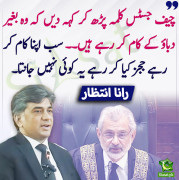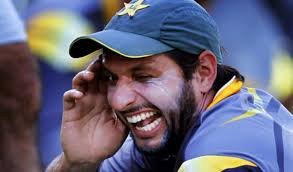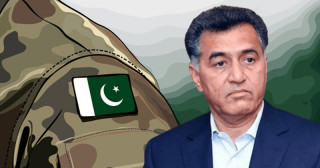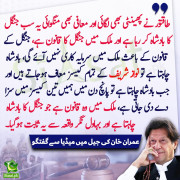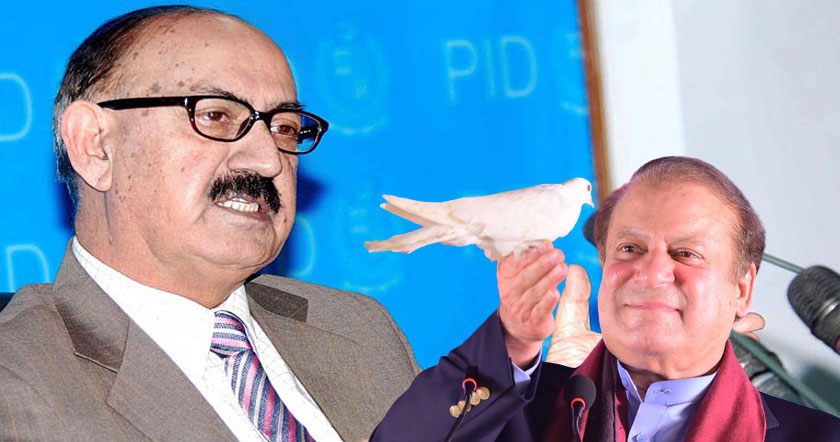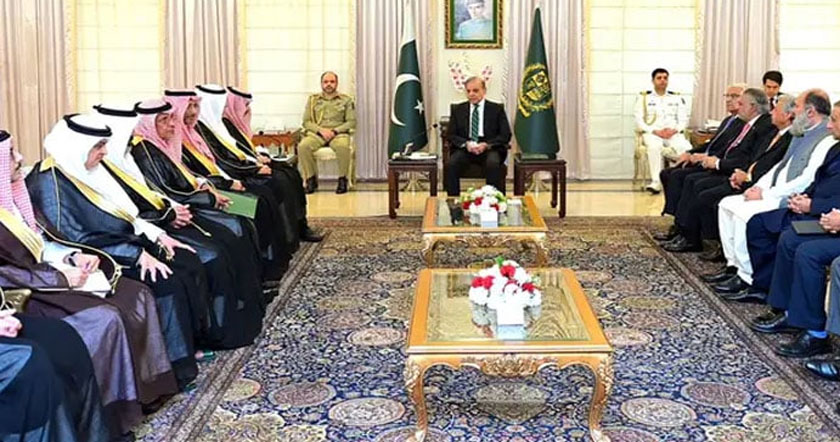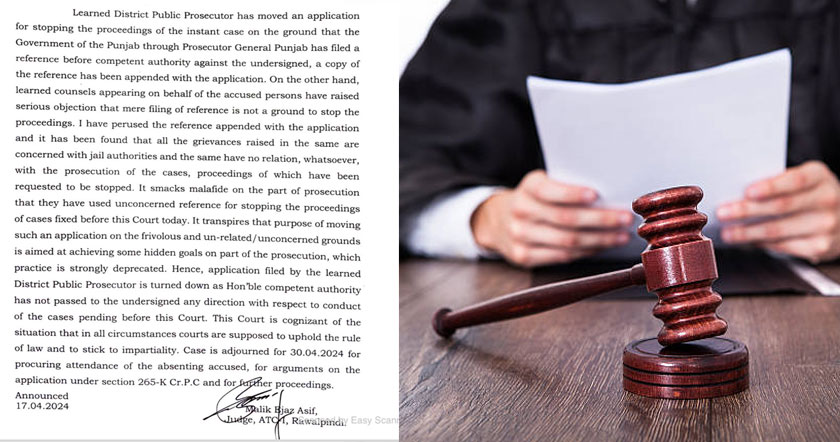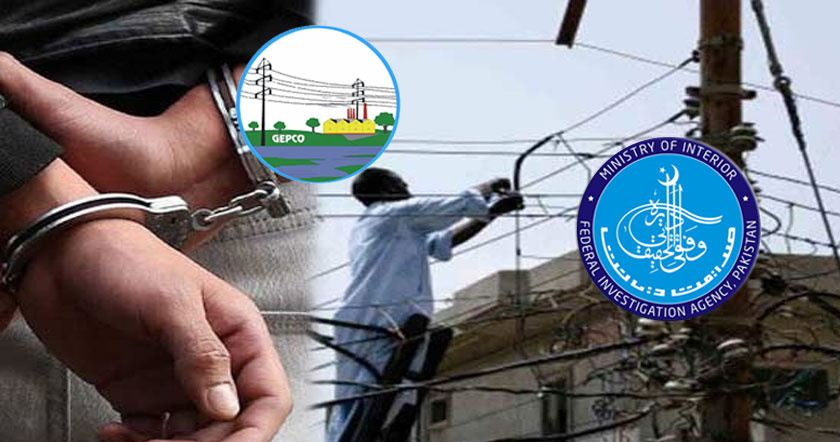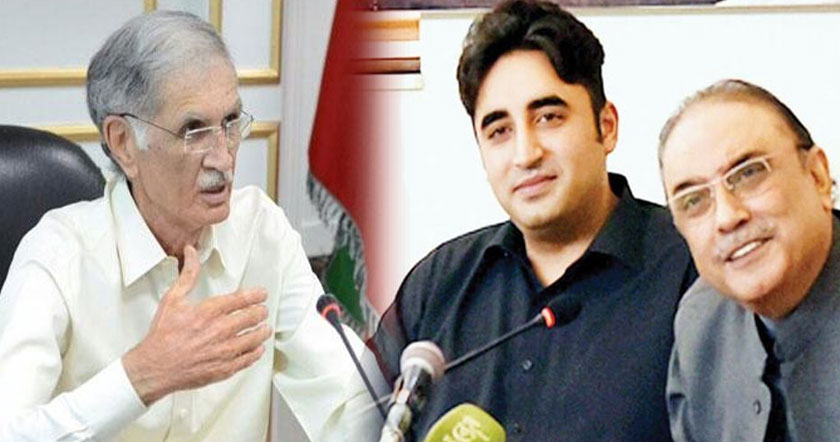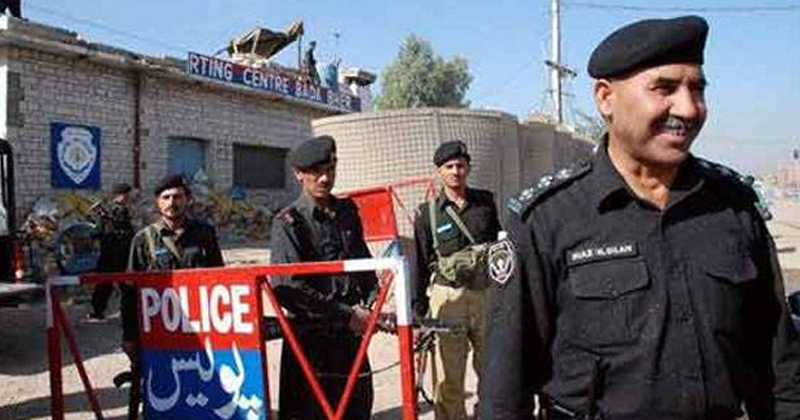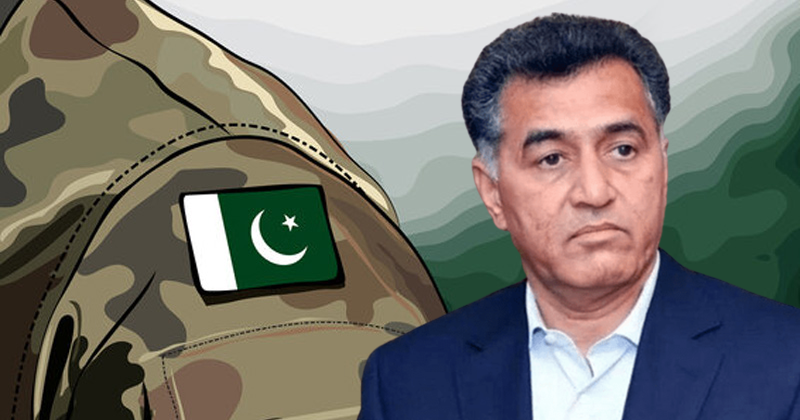Poll: With bin Laden dead, is it time to end war?
The death of the terror network's leader and an intensified debate about how to cut federal spending are fueling calls to accelerate the promised troop withdrawal from Afghanistan, declare victory and get out.
So with bin Laden finally gone, is it time for America's longest war to end?
Nearly six in 10 Americans think so, according to a USA TODAY/Gallup Poll taken over the weekend. Assessments of how the decade-long war is going have improved a bit, compared with six weeks ago, and a broad swath of Americans now agrees with the statement that the United States "has accomplished its mission in Afghanistan and should bring its troops home."
Just over one-third say instead that the USA "still has important work to do in Afghanistan and should maintain its troops there."
"I kind of feel like Osama was a reason we had gone there in the first place," says Liz Calhoun, 35, a stay-at-home mom from Lakeville, Minn., who was called in one of two USA TODAY polls on the subject during the past 10 days. "Now that he's dead, it's an end."
"If this can be seen as a reason to end it, more power to it," says Jeff Yapuncich, 27, of Harrisonburg, Va. "I don't see any other way it's going to end."
Such sentiments may be building.
When the question was asked in a one-night poll immediately after bin Laden's death was announced May 1, 45% said it was time for U.S. troops to come home. In a larger and more reliable three-day poll at the end of the week, that number had reached a lopsided majority.
On Capitol Hill, members of Congress ranging from reliably anti-war Democrats to freshman Tea Party conservatives are raising questions about the costs and the value of a continued, full-scale military mission in Afghanistan.
The revived debate over the war comes as the Obama administration begins to plan an initial pullout of U.S. forces slated for July. When the president announced the deployment of an additional 30,000 troops to Afghanistan in December 2009, he promised to start a "significant" drawdown this summer and complete it by 2014.
The size and configuration of the summer withdrawals could signal whether the administration's timetable and goals have been adjusted in the wake of bin Laden's death.
Some key officials say the door has been opened for a faster handover to Afghan security forces. Senate Foreign Relations Chairman John Kerry, D-Mass., told a hearing Tuesday that bin Laden's death "provides a potentially game-changing opportunity to build momentum for a political solution in Afghanistan that could bring greater stability to the region and bring our troops home."
That view isn't unanimous, among analysts or the public.
"There is more to be done, or everything we've done so far will be for nothing," says Scott Williamson, 19, of Summerfield, Fla., a history student at University of Central Florida who was among those surveyed.
"Just because bin Laden is dead, I mean, a lot of his supporters are still there," says Bill Smith, 66, a retired geologist from Arvada, Colo. In his view, the United States needs to continue to "try to root out the Taliban and al-Qaeda somewhat more, so that they don't take over that country again and provide an even safer place for terrorists."
Some analysts argue that the success of the operation to find bin Laden should prompt the United States to seize the moment and redouble efforts to crush a weakened al-Qaeda once and for all. That could encourage the Taliban to cut its remaining ties with al-Qaeda and engage in meaningful peace talks with the United States and the Kabul regime.
The administration already is pressing hard for serious negotiations, a senior administration official says. "We do want to take full advantage of what could be an opportunity," he said, speaking on background because the effort is being made behind the scenes. "We have aggressive messaging to the Taliban to see if there's a way forward."
Bin Laden's death and the intelligence data collected at his compound could be "leveraged" with intensified operations on the ground, says Peter Feaver, who served in the George W. Bush White House as a special adviser on the National Security Council. "Within the two-year horizon, 2 years, you might have really changed the situation on the ground in Afghanistan to produce a changed trajectory" akin to the turnaround in Iraq after Bush deployed more U.S. forces there in 2007.
Many war-weary Americans are leery of the idea of a conflict that will continue unabated for years, however.
"I don't think we should just leave them hanging," Calhoun, a Republican and the mother of two, says of the Afghans. Her timetable for a measured U.S. pullout? "Realistically, probably three to six months."
A new debate over Afghanistan
The issue has divided the Obama administration from the start: Whether to pursue a broad counter-insurgency strategy aimed at increasing public security, building civil institutions and installing a stable government tasks likely to require thousands of ground troops or a more targeted counter-terrorism strategy that aims at suspected terrorists, often using special-ops and drone attacks.
"The two camps in the White House on Afghanistan have never persuaded each other of the merits of their case," says Stephen Biddle, a fellow at the Council on Foreign Relations and former professor at the U.S. Army War College. Now, both sides cite the repercussions of bin Laden's death to bolster their arguments.
"Bin Laden's death is the ultimate Rohrshach test in that everyone sees it and sees their prior theories confirmed," Feaver says.
What does Obama see when he looks at it?
In December 2009, the president sided with those who supported an expanded deployment, among them Gen. David Petraeus, whom Obama installed as commander of U.S. forces there. But Bob Woodward's book Obama's Wars, published last year, and other insider accounts depict the president as ambivalent. Vice President Biden, among others, was on the other side.
In an interview on CBS's 60 Minutes, aired Sunday, Obama dodged a question about those in Congress arguing for a faster withdrawal.
Bin Laden's death "reconfirms that we can focus on al-Qaeda, focus on the threats to our homeland, train Afghans in a way that allows them to stabilize their country," Obama replied. "But we don't need to have a perpetual footprint of the size that we have now."
In political terms, the success of the bin Laden operation has bolstered Obama's standing as a strong leader who can be trusted to handle national security. That probably makes it easier for him to defend either decision he might make to declare the Afghanistan mission largely accomplished or stay the course.
He risks being increasingly at odds with his Democratic base if he chooses to continue the war, the USA TODAY poll finds.
The demographic groups that gave Obama his strongest support in the 2008 presidential election now are the most supportive of bringing the troops home. That was the view of two-thirds or more of blacks, Hispanics, liberals, women under 50, those under 35, low-income Americans and unmarried people.
"It's time to get out," says Annette Lamb, 50, an Obama supporter and library science professor at Indiana University who lives in Teasdale, Utah. She calls bin Laden's death a convenient reason to justify a withdrawal that probably should take place for other reasons, too.
"I understand that you don't just pull the troops out because it will go back to how it was before. I know it has to be gradual," Lamb says. But she says fervent Obama supporters like herself want him to show he understands the time has come: "It's important to show that he's moving in that direction."
The liberal group Democracy for America sent an e-mail Monday to its 1 million members signed by Sen. Kirsten Gillibrand, D-N.Y., asking support for a Senate bill that would demand the administration set a "date certain" for the withdrawal of all U.S. forces from Afghanistan.
Another left-leaning group, MoveOn.org, last week gathered 100,000 signatures for an online petition demanding the end of the war. "That is somewhat more energy than we have seen on Afghanistan in the past," says Justin Ruben, executive director of the 5 million-member group.
The larger debate over how to cut federal spending and begin to bring the spiraling U.S. debt under control now the No. 1 issue in Washington amid closed-doors negotiations over raising the federal government's debt ceiling also has become part of the debate over Afghanistan.
"The place Afghanistan has the greatest political salience is around the costs of the war, and the idea that we just can't possibly afford to keep spending billions and billions on wars overseas when people are hurting so badly here at home," Ruben says.
The conclusion that it's time to bring U.S. troops home isn't confined to Democrats. Among independents, 62% say the mission has been accomplished in Afghanistan.
Even Republicans, traditionally the most supportive of military action, are split: 47% say important tasks remain to be done in Afghanistan; 47% say it's time for the troops to come home.
In the survey, there was no major demographic group in which a majority says the U.S. deployment should be maintained.
Tallying the cost
Indiana Sen. Richard Lugar, the top Republican on the Foreign Relations Committee, ticked through the financial costs of the war: 100,000 U.S. troops in Afghanistan and 31,000 deployed in the region to support Afghan operations.
More than $100 billion in Obama's 2012 budget request for Afghanistan, plus $13 billion to train Afghan forces and $5 billion a year on civilian assistance.
"With al-Qaeda largely displaced from the country but franchised in other locations, Afghanistan does not carry a strategic value that justifies 100,000 U.S. troops and a $100 billion per year cost, especially given current fiscal restraints," he said at a Senate hearing.
"Make no mistake, it is unsustainable to continue spending $10 billion a month on a massive military operation with no end in sight," Kerry warns.
So far this year, 118 U.S. troops have died in Afghanistan; a total of 1,461 have been killed there since the war began 10 years ago.
North Carolina Rep. Walter Jones, the Republican co-sponsor of a bipartisan bill to end the war, has been cultivating support from conservative, deficit-hawk Tea Party freshmen in Congress. One of them, Rep. Justin Amash of Michigan, has signed on to the bill.
But Jones acknowledges that the effort to bring political force against the war has been slow going.
Bin Laden's death has improved assessments about the war's course only modestly. In March, Americans by 49%-47% said the war was going badly. Now, by 51%-45% they say it is going well.
The USA TODAY/Gallup Poll of 1,018 adults, taken Friday through Sunday, has a margin of error of +/-4 percentage points.
The conflict continues to take second billing for a nation more concerned with economic woes. Fewer than 1% of those surveyed call the situation in Afghanistan the most important issue facing the nation; 4% cite wars in general.
Even so, for many of those surveyed, the dramatic Navy SEALs operation at bin Laden's compound in Pakistan seems to present a moment of possibility, a chance to pivot in a war that was launched weeks after the 9/11 attacks.
The death of bin Laden gives Obama credibility to challenge al-Qaeda's remaining leaders, says Kathy Blake, 49, a construction inspector for the city of High Point, N.C., who was among those surveyed. "He should give an ultimatum to the rest of Osama's crew to turn themselves in," she suggests. "Otherwise they might get the same thing."
Blake has been watching with interest the "Arab Spring" movement that has swept across the Middle East and North Africa. Pro-democracy demonstrators have toppled authoritarian regimes in Egypt and Tunisia and challenged them in Libya and Syria in protests that seem to have had little to do with al-Qaeda.
"With the recent activity of the young kids over there in the Middle East wanting their freedom, I'm not sure what he should do" to advance and protect U.S. interests in the region, she says of Obama. "They want their freedom, and now they can have it. I think that's wonderful, too."
She wonders whether all that might change some of the landscape and the assumptions behind the war in Afghanistan, too.
http://www.usatoday.com/news/world/...7m6r8V80X3/fA7unDKnU28ht25xaeIH&dlvrit=206567
The death of the terror network's leader and an intensified debate about how to cut federal spending are fueling calls to accelerate the promised troop withdrawal from Afghanistan, declare victory and get out.
So with bin Laden finally gone, is it time for America's longest war to end?
Nearly six in 10 Americans think so, according to a USA TODAY/Gallup Poll taken over the weekend. Assessments of how the decade-long war is going have improved a bit, compared with six weeks ago, and a broad swath of Americans now agrees with the statement that the United States "has accomplished its mission in Afghanistan and should bring its troops home."
Just over one-third say instead that the USA "still has important work to do in Afghanistan and should maintain its troops there."
"I kind of feel like Osama was a reason we had gone there in the first place," says Liz Calhoun, 35, a stay-at-home mom from Lakeville, Minn., who was called in one of two USA TODAY polls on the subject during the past 10 days. "Now that he's dead, it's an end."
"If this can be seen as a reason to end it, more power to it," says Jeff Yapuncich, 27, of Harrisonburg, Va. "I don't see any other way it's going to end."
Such sentiments may be building.
When the question was asked in a one-night poll immediately after bin Laden's death was announced May 1, 45% said it was time for U.S. troops to come home. In a larger and more reliable three-day poll at the end of the week, that number had reached a lopsided majority.
On Capitol Hill, members of Congress ranging from reliably anti-war Democrats to freshman Tea Party conservatives are raising questions about the costs and the value of a continued, full-scale military mission in Afghanistan.
The revived debate over the war comes as the Obama administration begins to plan an initial pullout of U.S. forces slated for July. When the president announced the deployment of an additional 30,000 troops to Afghanistan in December 2009, he promised to start a "significant" drawdown this summer and complete it by 2014.
The size and configuration of the summer withdrawals could signal whether the administration's timetable and goals have been adjusted in the wake of bin Laden's death.
Some key officials say the door has been opened for a faster handover to Afghan security forces. Senate Foreign Relations Chairman John Kerry, D-Mass., told a hearing Tuesday that bin Laden's death "provides a potentially game-changing opportunity to build momentum for a political solution in Afghanistan that could bring greater stability to the region and bring our troops home."
That view isn't unanimous, among analysts or the public.
"There is more to be done, or everything we've done so far will be for nothing," says Scott Williamson, 19, of Summerfield, Fla., a history student at University of Central Florida who was among those surveyed.
"Just because bin Laden is dead, I mean, a lot of his supporters are still there," says Bill Smith, 66, a retired geologist from Arvada, Colo. In his view, the United States needs to continue to "try to root out the Taliban and al-Qaeda somewhat more, so that they don't take over that country again and provide an even safer place for terrorists."
Some analysts argue that the success of the operation to find bin Laden should prompt the United States to seize the moment and redouble efforts to crush a weakened al-Qaeda once and for all. That could encourage the Taliban to cut its remaining ties with al-Qaeda and engage in meaningful peace talks with the United States and the Kabul regime.
The administration already is pressing hard for serious negotiations, a senior administration official says. "We do want to take full advantage of what could be an opportunity," he said, speaking on background because the effort is being made behind the scenes. "We have aggressive messaging to the Taliban to see if there's a way forward."
Bin Laden's death and the intelligence data collected at his compound could be "leveraged" with intensified operations on the ground, says Peter Feaver, who served in the George W. Bush White House as a special adviser on the National Security Council. "Within the two-year horizon, 2 years, you might have really changed the situation on the ground in Afghanistan to produce a changed trajectory" akin to the turnaround in Iraq after Bush deployed more U.S. forces there in 2007.
Many war-weary Americans are leery of the idea of a conflict that will continue unabated for years, however.
"I don't think we should just leave them hanging," Calhoun, a Republican and the mother of two, says of the Afghans. Her timetable for a measured U.S. pullout? "Realistically, probably three to six months."
A new debate over Afghanistan
The issue has divided the Obama administration from the start: Whether to pursue a broad counter-insurgency strategy aimed at increasing public security, building civil institutions and installing a stable government tasks likely to require thousands of ground troops or a more targeted counter-terrorism strategy that aims at suspected terrorists, often using special-ops and drone attacks.
"The two camps in the White House on Afghanistan have never persuaded each other of the merits of their case," says Stephen Biddle, a fellow at the Council on Foreign Relations and former professor at the U.S. Army War College. Now, both sides cite the repercussions of bin Laden's death to bolster their arguments.
"Bin Laden's death is the ultimate Rohrshach test in that everyone sees it and sees their prior theories confirmed," Feaver says.
What does Obama see when he looks at it?
In December 2009, the president sided with those who supported an expanded deployment, among them Gen. David Petraeus, whom Obama installed as commander of U.S. forces there. But Bob Woodward's book Obama's Wars, published last year, and other insider accounts depict the president as ambivalent. Vice President Biden, among others, was on the other side.
In an interview on CBS's 60 Minutes, aired Sunday, Obama dodged a question about those in Congress arguing for a faster withdrawal.
Bin Laden's death "reconfirms that we can focus on al-Qaeda, focus on the threats to our homeland, train Afghans in a way that allows them to stabilize their country," Obama replied. "But we don't need to have a perpetual footprint of the size that we have now."
In political terms, the success of the bin Laden operation has bolstered Obama's standing as a strong leader who can be trusted to handle national security. That probably makes it easier for him to defend either decision he might make to declare the Afghanistan mission largely accomplished or stay the course.
He risks being increasingly at odds with his Democratic base if he chooses to continue the war, the USA TODAY poll finds.
The demographic groups that gave Obama his strongest support in the 2008 presidential election now are the most supportive of bringing the troops home. That was the view of two-thirds or more of blacks, Hispanics, liberals, women under 50, those under 35, low-income Americans and unmarried people.
"It's time to get out," says Annette Lamb, 50, an Obama supporter and library science professor at Indiana University who lives in Teasdale, Utah. She calls bin Laden's death a convenient reason to justify a withdrawal that probably should take place for other reasons, too.
"I understand that you don't just pull the troops out because it will go back to how it was before. I know it has to be gradual," Lamb says. But she says fervent Obama supporters like herself want him to show he understands the time has come: "It's important to show that he's moving in that direction."
The liberal group Democracy for America sent an e-mail Monday to its 1 million members signed by Sen. Kirsten Gillibrand, D-N.Y., asking support for a Senate bill that would demand the administration set a "date certain" for the withdrawal of all U.S. forces from Afghanistan.
Another left-leaning group, MoveOn.org, last week gathered 100,000 signatures for an online petition demanding the end of the war. "That is somewhat more energy than we have seen on Afghanistan in the past," says Justin Ruben, executive director of the 5 million-member group.
The larger debate over how to cut federal spending and begin to bring the spiraling U.S. debt under control now the No. 1 issue in Washington amid closed-doors negotiations over raising the federal government's debt ceiling also has become part of the debate over Afghanistan.
"The place Afghanistan has the greatest political salience is around the costs of the war, and the idea that we just can't possibly afford to keep spending billions and billions on wars overseas when people are hurting so badly here at home," Ruben says.
The conclusion that it's time to bring U.S. troops home isn't confined to Democrats. Among independents, 62% say the mission has been accomplished in Afghanistan.
Even Republicans, traditionally the most supportive of military action, are split: 47% say important tasks remain to be done in Afghanistan; 47% say it's time for the troops to come home.
In the survey, there was no major demographic group in which a majority says the U.S. deployment should be maintained.
Tallying the cost
Indiana Sen. Richard Lugar, the top Republican on the Foreign Relations Committee, ticked through the financial costs of the war: 100,000 U.S. troops in Afghanistan and 31,000 deployed in the region to support Afghan operations.
More than $100 billion in Obama's 2012 budget request for Afghanistan, plus $13 billion to train Afghan forces and $5 billion a year on civilian assistance.
"With al-Qaeda largely displaced from the country but franchised in other locations, Afghanistan does not carry a strategic value that justifies 100,000 U.S. troops and a $100 billion per year cost, especially given current fiscal restraints," he said at a Senate hearing.
"Make no mistake, it is unsustainable to continue spending $10 billion a month on a massive military operation with no end in sight," Kerry warns.
So far this year, 118 U.S. troops have died in Afghanistan; a total of 1,461 have been killed there since the war began 10 years ago.
North Carolina Rep. Walter Jones, the Republican co-sponsor of a bipartisan bill to end the war, has been cultivating support from conservative, deficit-hawk Tea Party freshmen in Congress. One of them, Rep. Justin Amash of Michigan, has signed on to the bill.
But Jones acknowledges that the effort to bring political force against the war has been slow going.
Bin Laden's death has improved assessments about the war's course only modestly. In March, Americans by 49%-47% said the war was going badly. Now, by 51%-45% they say it is going well.
The USA TODAY/Gallup Poll of 1,018 adults, taken Friday through Sunday, has a margin of error of +/-4 percentage points.
The conflict continues to take second billing for a nation more concerned with economic woes. Fewer than 1% of those surveyed call the situation in Afghanistan the most important issue facing the nation; 4% cite wars in general.
Even so, for many of those surveyed, the dramatic Navy SEALs operation at bin Laden's compound in Pakistan seems to present a moment of possibility, a chance to pivot in a war that was launched weeks after the 9/11 attacks.
The death of bin Laden gives Obama credibility to challenge al-Qaeda's remaining leaders, says Kathy Blake, 49, a construction inspector for the city of High Point, N.C., who was among those surveyed. "He should give an ultimatum to the rest of Osama's crew to turn themselves in," she suggests. "Otherwise they might get the same thing."
Blake has been watching with interest the "Arab Spring" movement that has swept across the Middle East and North Africa. Pro-democracy demonstrators have toppled authoritarian regimes in Egypt and Tunisia and challenged them in Libya and Syria in protests that seem to have had little to do with al-Qaeda.
"With the recent activity of the young kids over there in the Middle East wanting their freedom, I'm not sure what he should do" to advance and protect U.S. interests in the region, she says of Obama. "They want their freedom, and now they can have it. I think that's wonderful, too."
She wonders whether all that might change some of the landscape and the assumptions behind the war in Afghanistan, too.
http://www.usatoday.com/news/world/...7m6r8V80X3/fA7unDKnU28ht25xaeIH&dlvrit=206567


